Minister for Environment, Climate and Communications Eamon Ryan wrote to the Commission for Regulation of Utilities (CRU) eight weeks ago acceding to an urgent request.
Eirgrid, a state company which runs the power market and is responsible for ensuring stable supply, should find emergency generation capacity for the coming winter.
Due to a combination of recovering demand, extra data centres and unplanned outages at two gas-fired plants, the risk of blackouts over the winter seasonal peak was just too great.
Eirgrid sought tenders for the supply of the 200MW it deemed sufficient from the generation companies.
Ireland traditionally has not had to resort to sticking-plaster measures to ensure power supply
After a wrangle ESB, another state company, agreed to hire 200MW of mobile gas capacity, literally off a low-loader, to be plugged in to the system at Dublin’s North Wall.
Ireland traditionally has not had to resort to sticking-plaster measures to ensure power supply and the scheme looked a bit of an embarrassment.
Even this emergency plan has now been abandoned, due in part to legal action threatened by a private generating company, one of the unsuccessful bidders, at the auction for emergency capacity arranged by Eirgrid.
This episode should serve as a salutary policy lesson, not least because it was predicted
Official fingers have been solemnly crossed that the two gas units will be back sooner than expected, or there will be involuntary switch-offs for large customers to avert blackouts for all.
Note the large number of actors required to decide that no action can be taken.
This episode should serve as a salutary policy lesson, not least because it was predicted.
A national power system with limited interconnection, a rising reliance on interruptible wind and declining conventional capacity due to closures of inefficient turf stations, should have been reluctant to invite fresh demand from data centres. At the heart of it all has been a failure by successive governments to articulate a coherent energy policy.
Nobody comes out of this well.
Data centres dislike reliance on interruptible power for obvious reasons and spend money on backup gas units
The IDA responded to the CRU’s invitation for views on data centres last month with the following: “Data centres are an important customer of Ireland’s renewable electricity sector (eg onshore wind) and their growth is and will continue to be necessary for supporting advancement of that sector.”
Data centres dislike reliance on interruptible power for obvious reasons and spend money on backup gas units.
The IDA’s suggestion that data centre expansion is desirable because it sustains demand for interruptible wind is hopelessly confused.
The agency has been a vocal cheerleader for data centre expansion over the years and should have known better.
A system with tight supply has burdened itself with what amounts to an electricity export industry – the main domestic value-added in data centres is not labour. It is electricity.
To be fair to the IDA, energy policy is not its business.
Policy vacuum
The policy vacuum is an invitation to various public and private sector players to paddle their own canoes and the IDA exists to encourage inward investment.
Life was simpler when the ESB was a vertically integrated monopoly and indigenous gas supplies from Kinsale were adequate.
The sector now includes private sector generators, a state generator via a reduced ESB shorn of its role in running the high-voltage grid, interconnection for both gas and electricity and a regulator at the CRU.
With luck, the winter peak can be managed without involuntary disconnection
The national grid is owned by the ESB but operated by Eirgrid, and grid development has anyway become almost impossible courtesy of the planning system. The result is a wide range of energy players with no energy policy, a game with no consistent rules and a referee with no whistle.
With luck, the winter peak can be managed without involuntary disconnection. But the problem is not going away – more interruptible power is due to be added in pursuit of decarbonisation, which means that the margin of reserve capacity will need to be greater. But Moneypoint, the coal station in Clare and the main source of emissions, needs to be closed as soon as possible with no concrete plans for new gas stations.
There is limited interconnection with the British system which anyway faces the same challenges and there is dependence on just one gas interconnection, also with Britain, as supplies from the Corrib field begin to decline.
Aside from the direct risk to stable electricity supply, this is not good news for farming and agribusiness
The Government has initiated a review of supply security for both gas and electricity and will face an early acknowledgment that, at least in the years immediately ahead, it will be unable to realise significant carbon reductions from the power sector with Moneypoint still operating.
Aside from the direct risk to stable electricity supply, this is not good news for farming and agribusiness.
If targeted reductions in emissions from one sector must be trimmed, more demanding targets will have to be contemplated for other sectors.
The 7% per annum overall cut in Ireland’s emissions was always ambitious, even had there been a coherent energy policy framework. A target is not a policy.




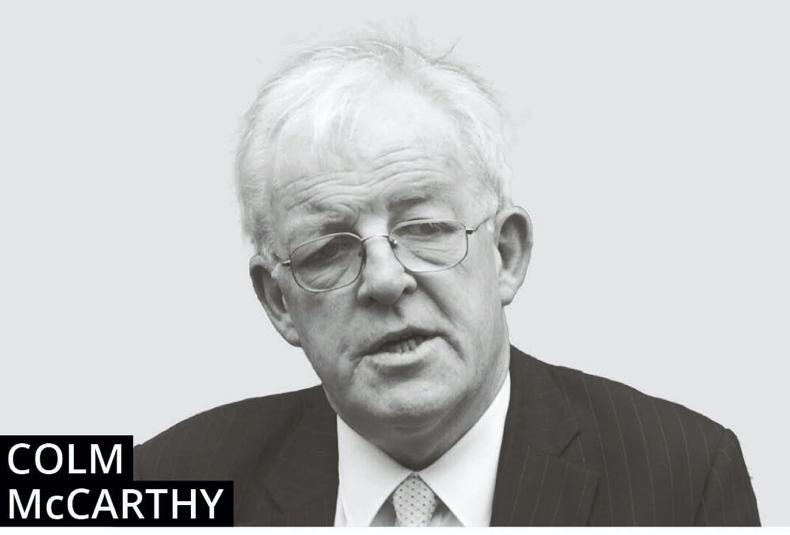
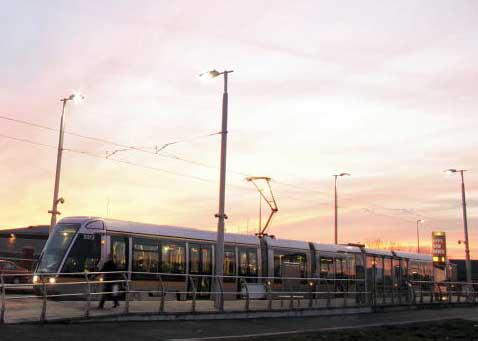

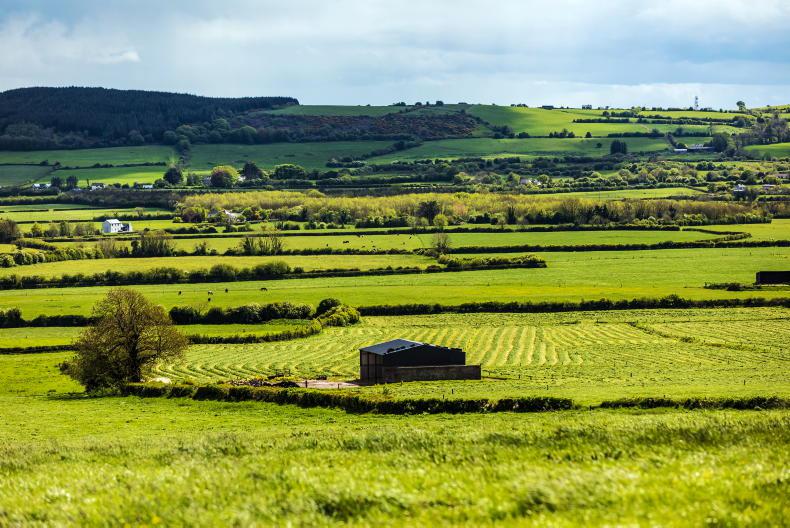
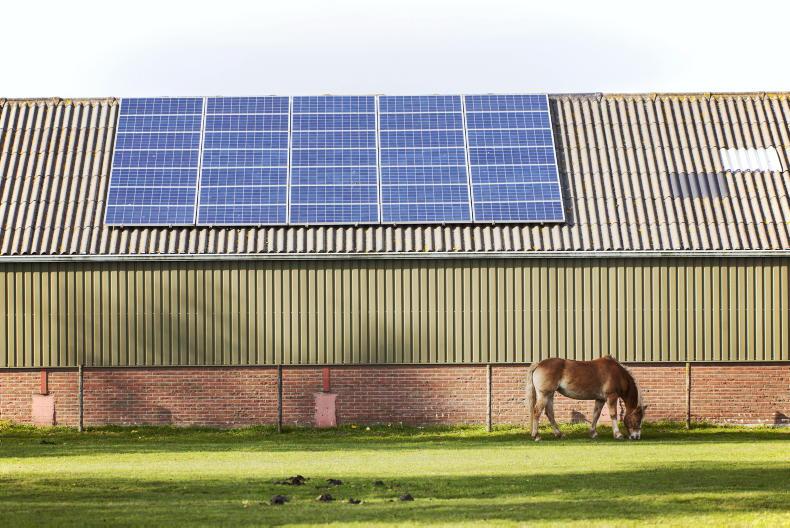
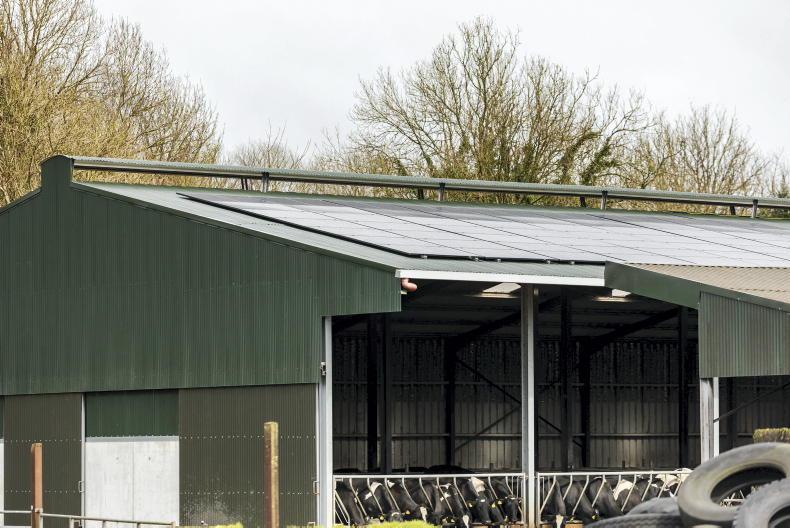
SHARING OPTIONS